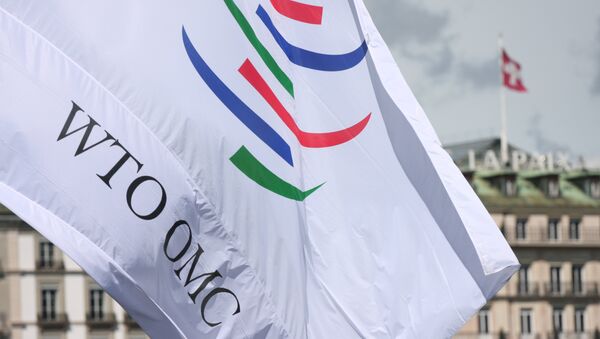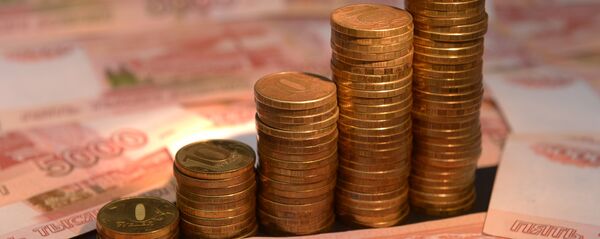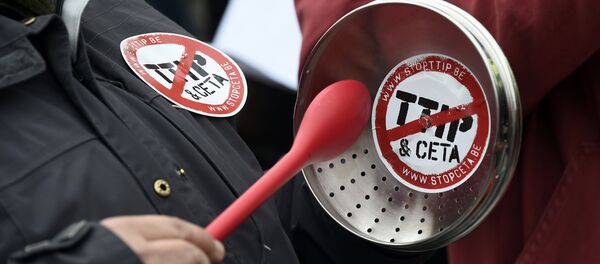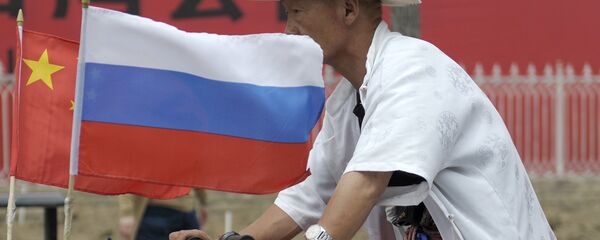Earlier this week, Russian Prime Minister Dmitri Medvedev warned that the WTO is currently at risk of collapsing.
"If before, we had concerns over the impact WTO membership would have on the state of affairs in our economy, now we have worries of a different nature – of the collapse of the WTO, and as a result, the emergence of problems with the regulation of the basic processes of international trade and the global economy," Medvedev said, speaking with Chinese Premier Li Keqiang on Monday.
"Now, we are being told 'You know, the WTO is outdated, it's necessary to create new trade alliances'."
"We disagree," Medvedev stressed. "We must make full use of the agreements reached with the WTO. It's true that the WTO is not an absolute and universal regulator, but we do not have anything better. And any attempt to replace the WTO with some array of surrogates is a dangerous trend."
"As a result," Putin noted, "processes are gaining ground for the creation of closed [trade] blocs – for example, via the Transatlantic and Transpacific partnerships, which do not complement, but seek to substitute the WTO. We believe that this is a kind of response by some of our partners to difficulties we have faced during the course of negotiations within the WTO. But this is not the best way to resolve such problems; the best way remains to negotiate – to reach a compromise."
Russian economists and media commentators suggest that it's actually somewhat amusing to see Moscow's defiant defense of the World Trade Organization today, given that Russia took quite a risk in joining the organization. Prior to Russia's entry into the WTO in 2012, some Russian economists were cautioning that the move was equivalent "to a three year old child entering the ring against Mike Tyson," and that the Russian economy was not competitive enough.
Last fall, in the provocatively-titled Gazeta.ru article 'Why Does Russia Need the WTO', Russian Chamber of Commerce Head of Investment Promotion Alexei Vyalkin complained that sanctions had not only blocked access to foreign advanced technology and slashed foreign investment, but also undercut the WTO's central promise of lower prices for imported consumer goods. Accordingly, some analysts have hinted that perhaps it's time for Russia to leave the organization altogether.
However, others believe that Trump's election may change all that. Independent analyst Maria Lisitskaya suggested that if the Republican keeps his word and rejects the creation of regional trade blocs, the WTO may yet survive, "since it already exists and is more or less functional…All that's needed is to prevent using the organization as a political cudgel against competitors. Then the organization will still be able to show its upside."




